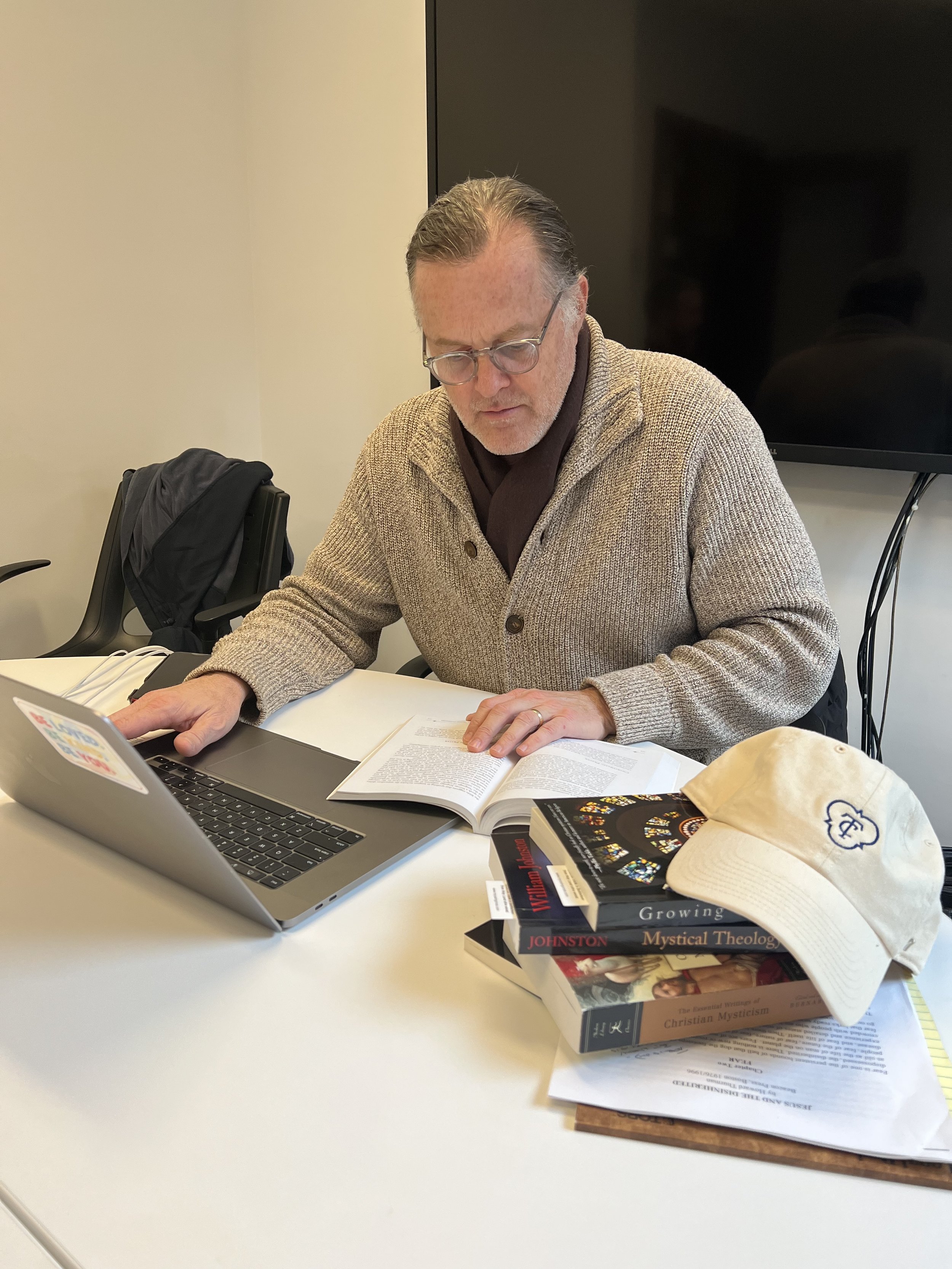Choose life so that you and your descendants may live, loving the Lord your God. — Deuteronomy 30:19-20
Deuteronomy 30:15-20
The Magic Word, by Mac Barnett (PreK+)
1 Corinthians 3:1-9
Farmer Will Allen and the Growing Table, by Jacqueline Briggs (Grade 1+)
Matthew 5:21-37
Julius, the Baby of the World, by Kevin Henkes (PreK+)
In this week’s text from Deuteronomy, Moses speaks to the Israelites before they reach the promised land. “Choose life!” he tells them. What does it mean to choose life? The short answer Moses gives is “loving the Lord your God, walking his ways, and observing his commandments.” When we have small children, we encourage them to choose sharing over grabbing, being a friend instead of a mean-y, using gentleness instead of hitting. We offer them simple choices to grow their independence within boundaries. “Would you like an apple or a clementine with your lunch today?” As our children grow, choices multiply and grow in complexity. Our kids navigate choosing friends, choosing to study for a test (or not), and all kinds of other more hair-raising issues. We find ourselves shouting “Make good choices!” at them as they slam the car door and run into school. It turns out that choosing life over death is a complicated thing that takes a lot of practice. In Mac Barnett’s book The Magic Word, Paxton chooses to substitute his own “magic word” for the “please” his babysitter expects. “Alakazoomba!” turns out to be a word that gets Paxton whatever, and I mean whatever, he wants, no matter how absurd or extravagant. Eventually, Paxton has wished everyone away, because they did not agree with him, and discovers that he is lonely. Barnett’s humor is enhanced by Elise Parsley’s expressive illustrations.
Older readers will appreciate Roald Dahl’s book Charlie and the Chocolate Factory.
Jump to the resources from September 4 for that one.
Paul’s letter to the Corinthians is famously full of scolding. The church in Corinth is struggling to choose life. They keep getting distracted by unimportant things. Paul reminds them that they need to focus on growing in their ability to follow God’s ways. He compares the church to a field full of seeds ready to grow. He says that it does not matter who planted the seeds, but it matters that God gives them what they need to grow. Those of you are gardeners may already be looking ahead to the spring and planning your garden beds. Gardeners put time, energy, and planning into their gardens, even in winter. Jacqueline Briggs Martin’s book, Farmer Will Allen and the Growing Table, tells the story of former professional basketball player Will Allen and the magnificent garden he dreamed into existence. Instead of seeing death and ugliness in an abandoned lot in urban Milwaukee, Will Allen saw potential and dreamed of a garden that could feed an enormous table of hungry people. With creativity, persistence, innovation, and collaboration, Will Allen transformed the lot into a thriving urban garden. He was awarded a MacArthur Foundation Genius Fellowship in 2008. While Will Allen’s farming projects have changed over time, his commitment to growing remains strong. While the kind of growth in this story is visible and edible crops, Will Allen’s story connects back to the invisible growth that
happens in our spirits, our hearts, and our minds, when we follow God. With your loved ones, you might talk about the following questions. What kinds of seeds are growing in your own spirits right now? What seeds have not yet sprouted?
This week’s text from Matthew’s Gospel continues the Sermon on the Mount. Chapters 5-7 in Matthew’s Gospel contain this dense portion of Jesus’ teaching. For Matthew, Jesus is like a new Moses—he wanted to remind his readers of Moses giving the law to the Israelites from Mt. Sinai. Can you see connections between the short text from Deuteronomy (where Moses talks to the Israelites about following God’s ways) and this text? Jesus teaches that when we are in a disagreement, we should “be reconciled to our brother or sister” before coming to offer gifts at the altar. While we often think of our entire church community as a church family, and apply his teaching to disagreements in that context, it is also helpful to remember the importance of making up with our biological families when we fight. Kevin Henkes, beloved children’s author and Caldecott Medal winner, has a book that connects will with this theme. In Julius, Baby of the World, Lilly gets angry with her baby brother Julius for monopolizing everyone’s attention. He is just so infuriatingly cute! She resents him. But (there’s always a but...) when her cousin insults Julius, she leaps to his defense. Lilly realizes that Julius is pretty great after all, and the two mice are reconciled. Anger is a powerful emotion that can get out of control before we know it. Let’s be real—a lot of have lost our tempers at some point. When we end up “Hulking out,” we need tools to repair our relationships afterward. Helping our children practice reconciliation at home is a good place to start. With your loved ones, you might wonder together: what makes it hard to calm down when you are angry? What helps you calm down after you have felt angry?
*
Whenever possible we’ll share links to independent to booksellers. Please consider supporting local and other indepedent bookstores.




























